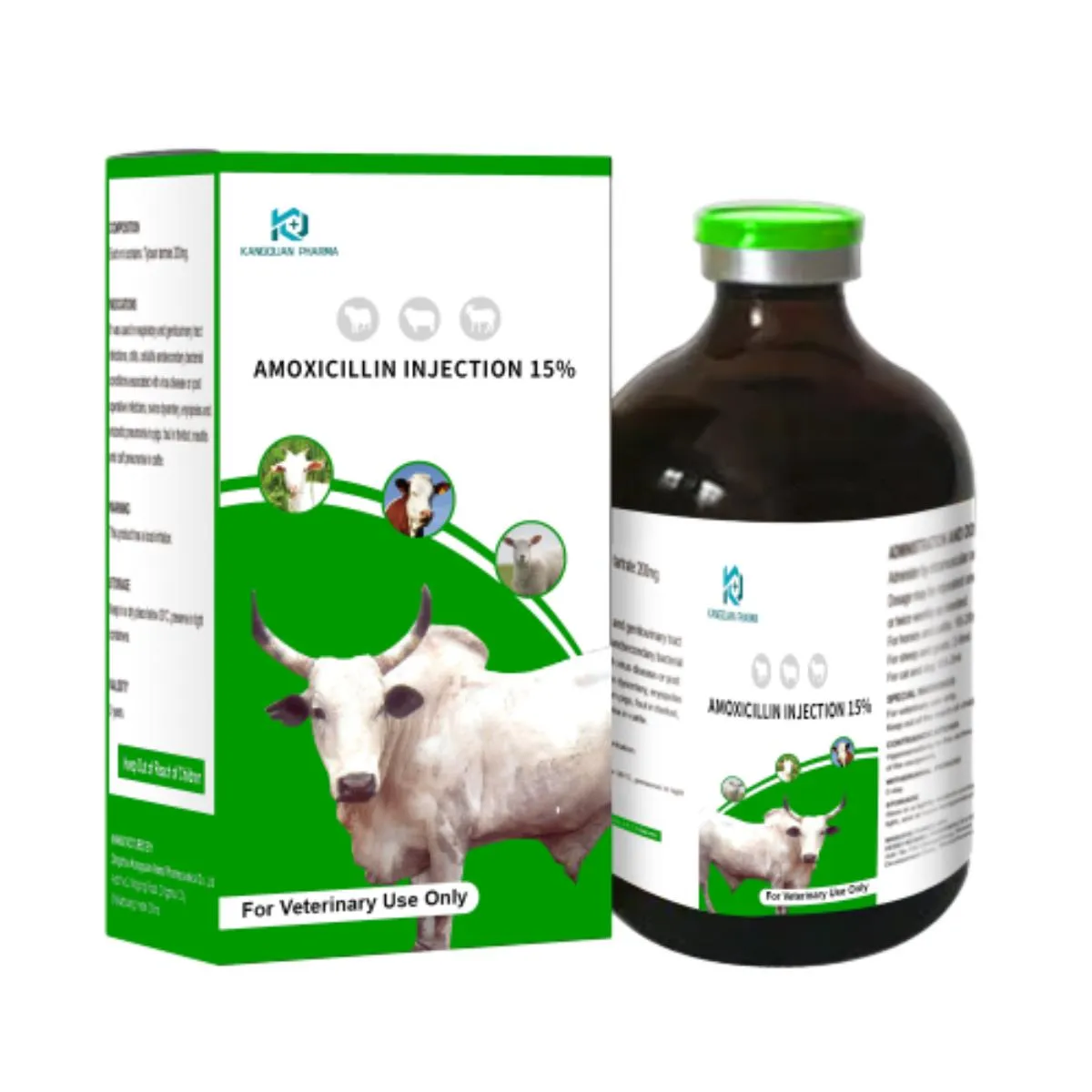- Afrikaans
- Albanian
- Amharic
- Arabic
- Armenian
- Azerbaijani
- Basque
- Belarusian
- Bengali
- Bosnian
- Bulgarian
- Catalan
- Cebuano
- Corsican
- Croatian
- Czech
- Danish
- Dutch
- English
- Esperanto
- Estonian
- Finnish
- French
- Frisian
- Galician
- Georgian
- German
- Greek
- Gujarati
- Haitian Creole
- hausa
- hawaiian
- Hebrew
- Hindi
- Miao
- Hungarian
- Icelandic
- igbo
- Indonesian
- irish
- Italian
- Japanese
- Javanese
- Kannada
- kazakh
- Khmer
- Rwandese
- Korean
- Kurdish
- Kyrgyz
- Lao
- Latin
- Latvian
- Lithuanian
- Luxembourgish
- Macedonian
- Malgashi
- Malay
- Malayalam
- Maltese
- Maori
- Marathi
- Mongolian
- Myanmar
- Nepali
- Norwegian
- Norwegian
- Occitan
- Pashto
- Persian
- Polish
- Portuguese
- Punjabi
- Romanian
- Russian
- Samoan
- Scottish Gaelic
- Serbian
- Sesotho
- Shona
- Sindhi
- Sinhala
- Slovak
- Slovenian
- Somali
- Spanish
- Sundanese
- Swahili
- Swedish
- Tagalog
- Tajik
- Tamil
- Tatar
- Telugu
- Thai
- Turkish
- Turkmen
- Ukrainian
- Urdu
- Uighur
- Uzbek
- Vietnamese
- Welsh
- Bantu
- Yiddish
- Yoruba
- Zulu
10 月 . 05, 2024 18:32 Back to list
oxytetracycline hydrochloride injection uses for animals
The Uses of Oxytetracycline Hydrochloride Injection in Veterinary Medicine
Oxytetracycline hydrochloride injection is a widely used antibiotic in veterinary medicine, particularly within the livestock and equine sectors. This broad-spectrum antibiotic, belonging to the tetracycline class, is effective against a variety of bacterial infections. It is crucial in managing diseases caused by susceptible bacteria, ensuring the health and productivity of animals.
Mechanism of Action
Oxytetracycline works by inhibiting protein synthesis in bacteria, thereby stopping their growth and reproduction. It achieves this by binding to the bacterial ribosome, preventing the attachment of aminoacyl-tRNA to the ribosome-mRNA complex. This mechanism not only halts the proliferation of the bacteria but also aids in reducing the severity and duration of infections, allowing for quicker recovery of the animal.
Common Uses in Veterinary Practice
1. Respiratory Infections Oxytetracycline is commonly used to treat respiratory infections in cattle, pigs, and poultry. Conditions such as shipping fever in cattle or pneumonia in pigs can be effectively controlled with timely administration of the drug.
2. Reproductive Disorders In infections affecting reproductive health, such as metritis and endometritis in cows, oxytetracycline plays a vital role. It helps in recovering reproductive functionality by clearing up bacterial infections that could hinder conception or lead to reproductive failure.
3. Skin and Soft Tissue Infections Oxytetracycline is effective in treating a variety of skin and soft tissue infections in animals. It is used for abscesses, wounds, and other conditions where bacterial infection is a concern.
4. Gastrointestinal Infections This antibiotic can also be utilized in the treatment of gastrointestinal diseases caused by certain types of bacteria. Conditions like enteritis and dysentery in livestock can benefit from its antibacterial properties.
oxytetracycline hydrochloride injection uses for animals

5. Control of Disease Outbreaks In some cases, oxytetracycline is employed proactively to control outbreaks of bacterial diseases, especially in densely populated farming operations. It can serve as a preventive measure during stressful periods, such as transport or weaning, when animals are more susceptible to infections.
Administration and Dosage
Oxytetracycline hydrochloride is typically administered via injection, and the dosage depends on the animal species and the severity of the infection. Veterinarians weigh several factors, including the animal’s weight, general health, and the specific condition being treated, before determining the appropriate dosage. It is crucial that the injection is given correctly to maximize efficacy and minimize any potential side effects.
Considerations and Side Effects
While oxytetracycline hydrochloride is generally safe when used as directed, there are some considerations to keep in mind. Overuse and misuse of antibiotics can lead to antibiotic resistance, a significant concern in both human and veterinary medicine. It's essential for veterinarians and farmers to follow proper protocols for usage.
Common side effects may include gastrointestinal disturbances, such as diarrhea, and potential allergic reactions in some animals. Moreover, the drug should not be used in cases where there are known allergies to tetracycline antibiotics.
Conclusion
Oxytetracycline hydrochloride injection is an invaluable tool in veterinary medicine, playing a critical role in ensuring animal health and welfare. Its broad spectrum of activity against various bacterial pathogens makes it a versatile choice for treating a wide range of infections. However, the importance of responsible usage cannot be overstated. By following veterinary guidance and adhering to dosing recommendations, farmers and veterinarians can maximize the benefits of oxytetracycline, contributing to the overall health of livestock and the productivity of the agricultural sector. As veterinary medicine continues to evolve, the ongoing assessment of antibiotic use remains essential in preventing the rise of antibiotic resistance, ensuring that effective treatments remain available for future generations of animals.
-
The Power of Radix Isatidis Extract for Your Health and Wellness
NewsOct.29,2024
-
Neomycin Sulfate Soluble Powder: A Versatile Solution for Pet Health
NewsOct.29,2024
-
Lincomycin Hydrochloride Soluble Powder – The Essential Solution
NewsOct.29,2024
-
Garamycin Gentamicin Sulfate for Effective Infection Control
NewsOct.29,2024
-
Doxycycline Hyclate Soluble Powder: Your Antibiotic Needs
NewsOct.29,2024
-
Tilmicosin Premix: The Ultimate Solution for Poultry Health
NewsOct.29,2024













